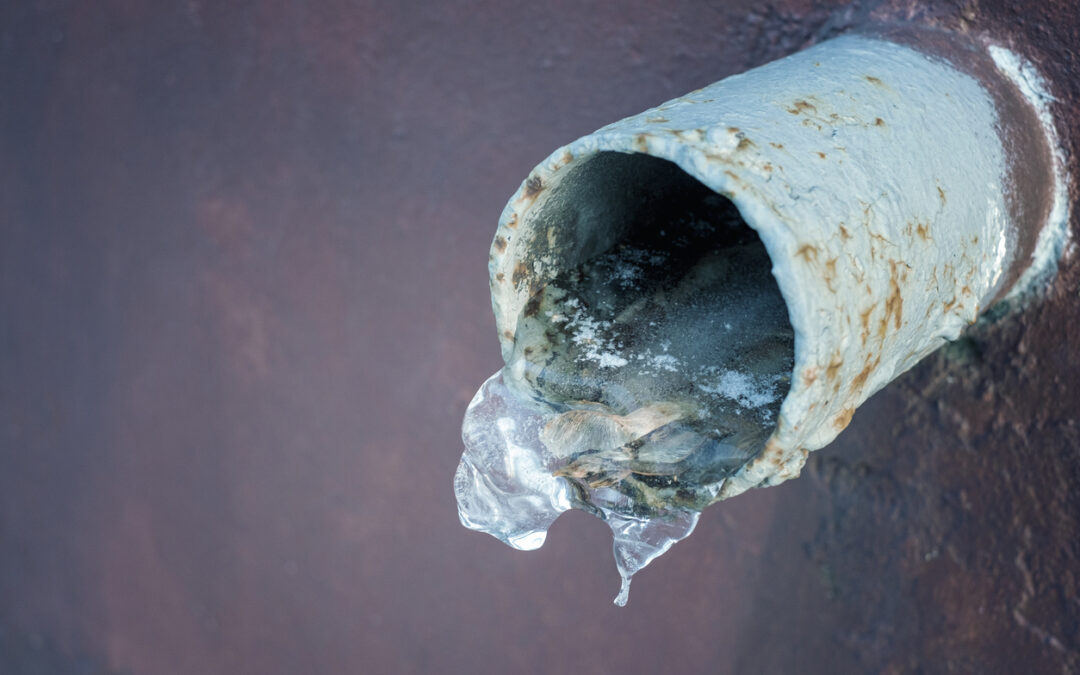
Key Takeaways
- Sewer pipes and vents can freeze in winter if not properly insulated, causing backups and pipe stress.
- Intense rainfall may lead to basement drain overflow if the sewer system is compromised.
- Routine seasonal checkups can prevent serious sewer problems triggered by weather changes.
From icy winters to stormy springs, Ohio’s shifting seasons can take a toll on your sewer system. Overlooking the impact of weather on your plumbing could result in unexpected breakdowns or high repair bills. Staying proactive helps your home’s system stay reliable all year long.
Freezing Temps and Sewer Blockages
Cold snaps can freeze vents and lines. One frequent winter issue is frozen sewer vents, which can let sewer gases seep indoors. Looking to prevent this? Try using heat tape, adding attic insulation, or extending your vent pipes higher above the roof.
Frozen sewer lines are another major concern, especially for homes with shallow or exposed plumbing. Keeping indoor temps steady, occasionally running water, and insulating vulnerable lines can help avoid burst pipes during hard freezes.
Rainy Seasons and Drain Backflow
Come spring and summer, heavy rains can flood your system if it’s aging or compromised. If you’re finding water backing up from the basement floor drain after a storm, there might be a blockage or drainage issue near your home’s foundation. This can be a sign that your main sewer line needs a closer look.
Stay Ahead of the Seasons with a Sewer Inspection
While you can’t control Ohio weather, you can take steps to protect your property. If you’re unsure whether your system is ready for the next freeze or flood, now’s the time to get ahead of it.
At The Basement Doctor, we help homeowners in Columbus and surrounding counties prepare for every season with comprehensive sewer inspections. Reach out today and we’ll help ensure your system is weather-ready from top to bottom.


